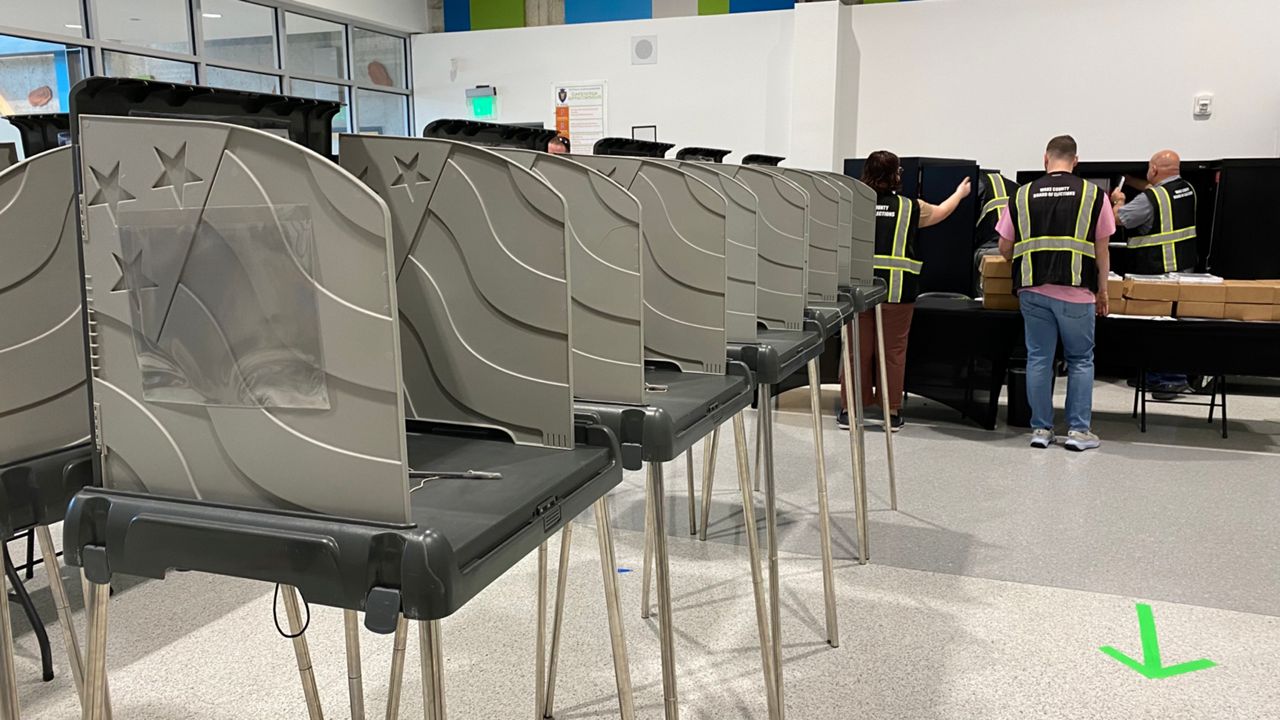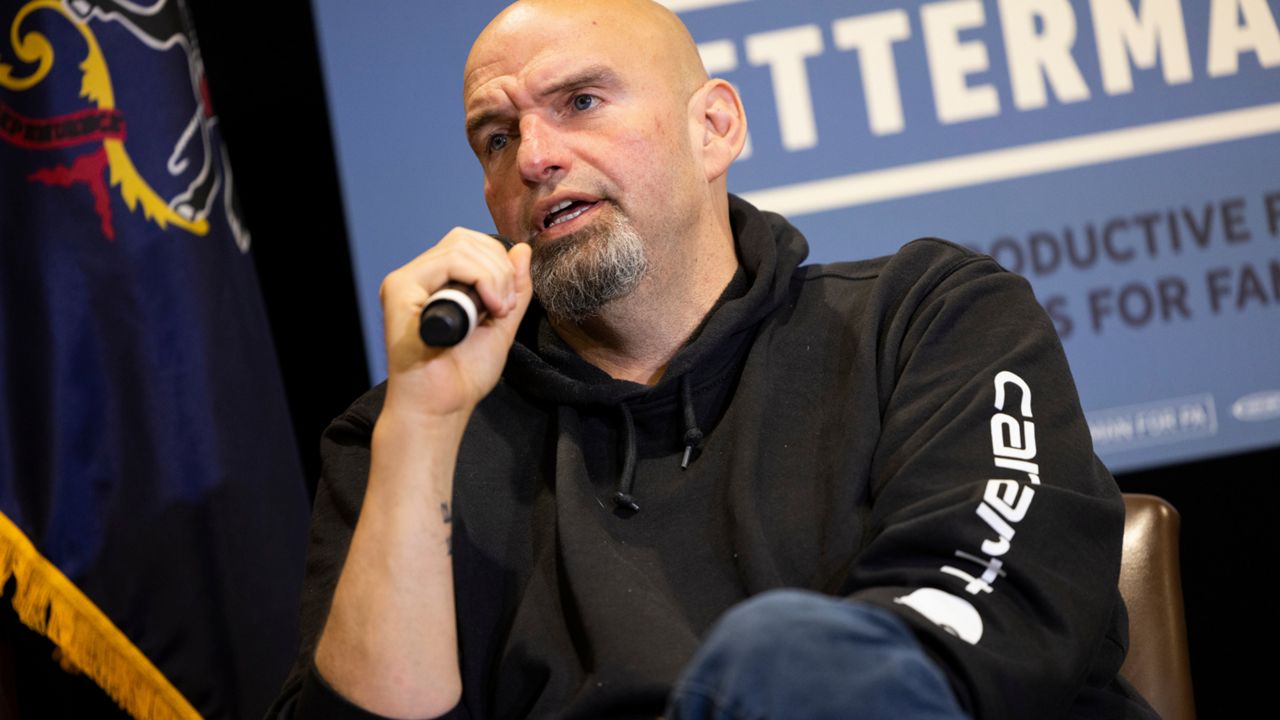The race for North Carolina House District 9, near Greenville, is a close one. The candidates are separated by 462 votes.
Republican challenger Dr. Tim Reeder won the most votes as of Election Day, posting about his election win on his campaign Facebook page Wednesday. But the incumbent, Rep. Brian Farkas, said Wednesday that he will not concede until all ballots are counted.
“The results show a margin that is one of the tightest in North Carolina,” Farkas said in a statement.
“While the current numbers reported in the District 9 race last night are not where we were hoping to finish, I am not conceding because there is a significant number of both mail-in and provisional ballots that need to be counted,” he said.
On Tuesday, voters gave Republicans a supermajority in the North Carolina Senate, but the GOP came up one seat short in the state House. That count includes this seat going to the Republicans.
North Carolina Republicans had hoped to gain supermajorities in both chambers to be able to override Democratic Gov. Roy Cooper’s veto.
The official outcome of the N.C. House of Representatives District 9 race will not change that balance of power in the General Assembly.
The 9th District covers a large swath of Pitt County, from the eastside of Greenville to Washington.
After Election Day, Reeder had 15,069 votes and Farkas had 14,607, according to unofficial results from the North Carolina State Board of Elections.
Mail-in ballots had to be postmarked by 5 p.m. on Election Day but can be received by county boards of elections as late as Nov. 14. That date was delayed because Friday is Veterans Day, a federal holiday.
The Pitt County Board of Election will meet Nov. 18 to consider any remaining ballots to be added to the totals.
“I know that's a few more days to wait than we'd all like, but the Pitt County Board of Elections has incredible public servants who will do this the right way,” Farkas said. “Once the Board has completed its work and determined every voter has been accounted for, this campaign will take the appropriate next steps.”
As of now, the Republican is ahead by a little more than 1.5%. In an election like this, a candidate can request a recount if the margin is 1% or less.
There could be potentially hundreds of more mail-in ballots and provisional ballots to add to the vote totals, state data shows. Voters cast provisional ballots when there are questions about their qualifications to vote, they go to the wrong precinct or there are other issues.
“Election officials hold provisional ballots aside as they conduct research about the voter’s eligibility,” according to the State Board of Elections.
“Based on the research, county board of elections members make final determinations about voter eligibility. Election results are not finalized until all provisional ballots that are eligible are counted,” the state board’s website states.
Each of North Carolina’s 100 county boards of elections will meet Nov. 18 for what’s called “canvass” when they count any remaining ballots, certify the county’s election results and send those to the state board. The North Carolina State Board of Elections will meet Nov. 29 to officially certify the results.









